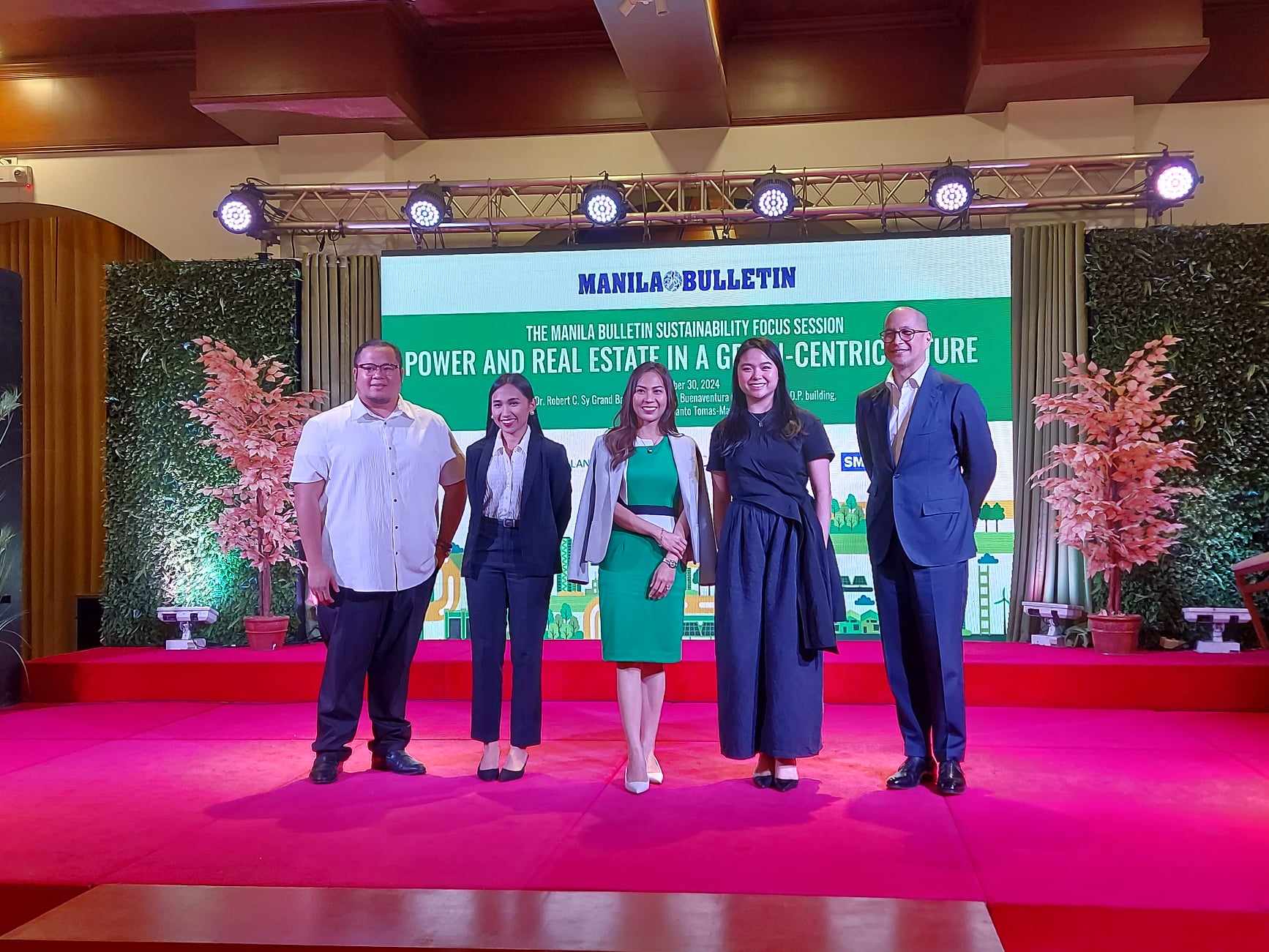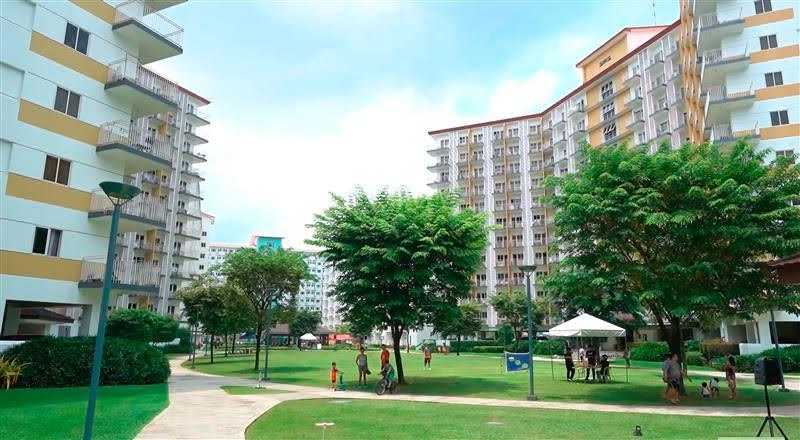Designing for the future: SM's vision through an architect's lens

With an average of 20 typhoons entering the country per year, incorporating disaster resilience and sustainability in building designs has become essential to SM’s integrated property developer arm, SM Prime Holdings, Inc.
The SM group’s foresight to incorporate best building practices continues with the next generation of leaders, as Jessica Sy, Vice President and Head of Design, Innovation, and Strategy of SM Prime and its residential arm SM Development Corporation (SMDC) addresses a group of aspiring architecture students on the emphasis of respecting the land through the creation of green buildings that protects the community’s well-being long term.
“From an architectural standpoint, we want to make sure that when we develop a building, it's going to last for a long time,” said Sy. “We've seen that what's good for our communities is actually good for our company because addressing their needs also strengthens our connection with them as our customers.”

Drawing from the earlier lessons of her first year studying architecture, Ms. Sy noted the role of water in any development. It can be both beautiful—a source of life or unpredictable in nature.
“As architects, this was one of the first few things we were taught,” she added as Sy addressed the aspiring students in the crowd. “Water is life-giving but it can also change everything. Floods in properties could heavily impact and uproot the lives of many families.”
SMDC ensures it meets the highest standards of disaster resilience in its development. Launched in 2008, Field Residences in Parañaque is an example of this commitment. When the team from SMDC found out water levels in Field Residences had risen over the years due to several factors including climate change, they decided to go back to reassess a project that they had already turned over.
A new rainwater detention tank was completed in the Parañaque development in September this year. It is designed to handle extreme rainfall events and can manage volumes similar to those during Typhoon Ondoy, which brought 455 millimeters of rain in 24 hours.
With a tagline, ‘A home that adapts to you,’ SMDC aims to stay close to its residences and evolve with the community’s needs throughout the years.
SMDC has equipped a number of its properties with disaster resilience features over the years and in the recent, Typhoon Carina, none of its properties experienced flooding.
How architecture can also build values
SMDC properties not only incorporate green building features but also strengthen community ties, increase environmental consciousness, and promote local identity in its projects. To celebrate local flora in their developments, Ms. Sy and her team specifically choose native plants that are more well-suited to the area.
“We try to reduce the types of plants that don't benefit the local environment nor enliven its biodiversity,” she said. “What we do is to identify plants that can prosper here such as the endemic katmon [Dillenia philippinensis] tree. When fully grown, they’re very hospitable to local insects.”
Realizing this, SMDC initiated future nurseries of these plants in developments such as Parkville in Bacolod and selected properties in North and South Luzon and Mindanao in order to grow these plants and integrate them into other properties across the country.
SM Prime’s multifaceted approach to building design addresses the need to have retail, residential, commercial, and leisure spaces in one effectively and seamlessly connected area under a 15-minute city concept.
“The idea is not a new concept, but a 15-minute city is something we want to continue incorporating in our integrated property developments,” she said. “We want to encourage pedestrian-friendly communities by creating spaces that address today’s challenges like traffic congestion through responsible and efficiently designed spaces.”
Sy drew from her background as an architect and highlighted the necessity of building structures that respect the land and the community.
“The decisions that we have today are going to impact the long-term future,” she added. “With sustainability at the forefront of our conversations nowadays, we see that that's part of the legacy that we need to complete.